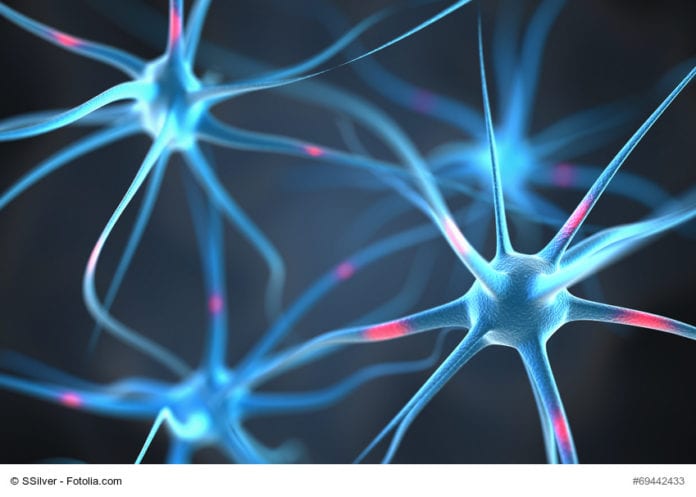Can adults grow new neurons? Until relatively recently, experts believed the answer was no. But as neuroscientist Sandrine Thuret explains in a new TED Talk, humans can indeed generate new brain cells, a process called neurogenesis. More importantly, doing so has a range of important benefits, including improving mood, increasing memory formation and preventing the decline associated with aging.
Watch Thuret's talk for all of the details, but a few key takeaways are below.
Stress, lack of sleep, and aging all reduce the natural rate of neurogenesis. Certain medications also restrict new neuron growth. Thuret notes that some cancer patients unexpectedly develop symptoms of depression even after being told they are cured of their cancer. Unfortunately, the drugs they've received not only stop cancer cells from multiplying, but also stop "new neurons from being generated in their brain," she says, which has a negative impact on their mood.

Conversely, learning, sex, and aerobic activity all increase neurogenesis.
In one of the first studies to highlight the links between aerobics and neurogenesis, Rusty Gage of the Salk Institute examined new brain cell growth in mice. The 'control' mice had no running wheel in their cages, while the 'runners' were able to run in their cages regularly. In the snapshots below, from Gage's experiment, the black dots are new neurons-to-be.

Thuret also explains how dietary habits are crucial to new neuron growth.
Practices that increase neurogenesis include:
- Calorie restriction of 20 to 30 percent
- Intermittent fasting (i.e., spacing the time between your meals)
- Intake of flavonoids, which are contained in dark chocolate or blueberries
- Omega-3 fatty acids, present in fatty fish, like salmon
Conversely, some dietary habits have a negative impact on neurogenesis, like diets rich in high saturated fat and alcohol consumption.




This is the best news I’ve heard for a long time. I’m a cancer survivor and the chemotherapy has damaged my brain so that my short time memory is almost gone, my thoughts are slow and my ability to do a normal job is gone too.
I actually do most of the things on ‘the to do list’ – but not at the same time and not systematically.
I really hope that I can recover and look forward to see more scientific based results 🙂